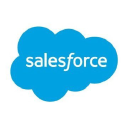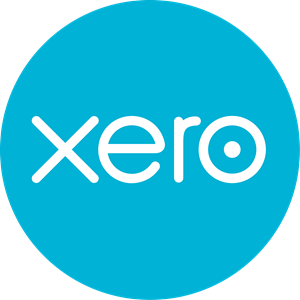I Built $1.54M/Year Tool That Finds The Best Investment Properties [From UK]
Hello! Who are you and what business did you start?
My name is Michael Dent and I’m the founder of PropertyData, a subscription website for property investors and developers in the UK that helps them make better-informed decisions when buying a residential property.
PropertyData helps investors research local property markets, source opportunities, and do due diligence on potential purchases.
I started the business in April 2017, and today it’s making $128,000 per month in recurring revenue.

What's your backstory and how did you come up with the idea?
In 2017 I was running a profitable ten-person web development agency, but I was tired of that business model and looking for a way to transition to building my own SaaS product.
One day I was hanging out with a...
















